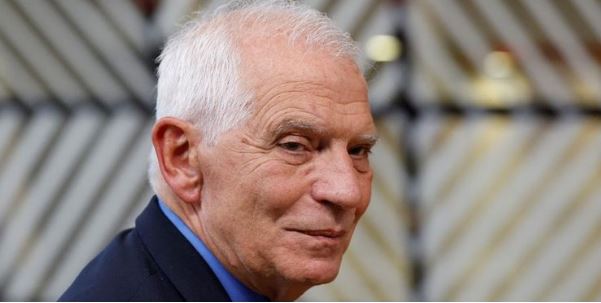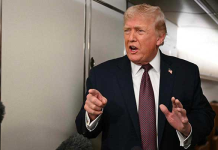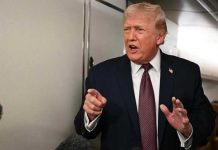Western countries need to reduce their dependence on China but should not put it in the same category as Russia, the European Union‘s top diplomat said on the second day of a meeting of the Group of Seven foreign ministers in Germany.
The talks between top diplomats of the wealthiest democracies coincide with a one-day visit by German Chancellor Olaf Scholz to Beijing, the first by a G7 leader since China’s President Xi Jinping cemented his grip on power at a Communist Party Congress.
China hawks have said the trip risks appearing as a stamp of approval for Xi and a sign Germany will continue to prioritize its economic relations with Beijing over security and strategic considerations.
“It is clear that China is .. becoming much more assertive, much more on a self-reliant course,” EU foreign policy chief Josep Borrell told reporters.
“We want to reduce our dependence, we want to address our vulnerabilities, to strengthen our resilience,” he added. “But for the time being, many member states have a strong economic relationship with China and I don’t think we can put China and Russia on the same level.”
The G7 foreign ministers were expected to also discuss how to deal with protests in Iran, relations with Central Asian nations and the challenges facing Africa on Friday, with their counterparts from Ghana, Kenya and the African Union as guests.
“Africa is suffering a lot from the war in Ukraine because Russia is blocking food, destroying agricultural transport infrastructures,” said Borrell. “We have to work together with our African partners in order to face jointly the many challenges of this continent.”

















